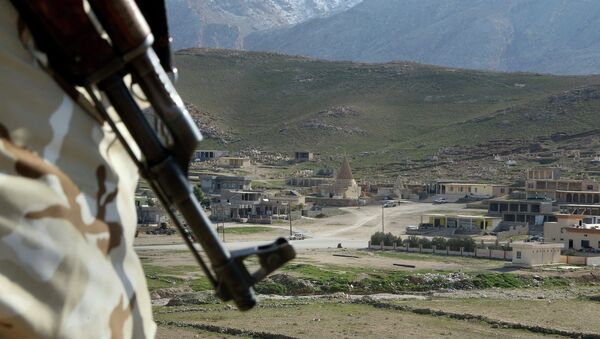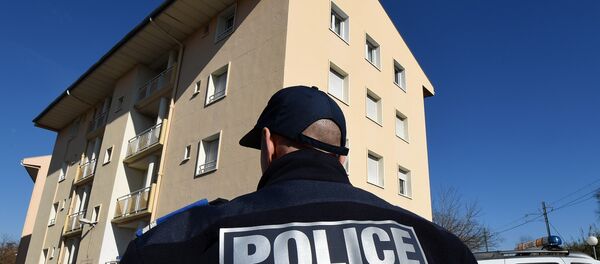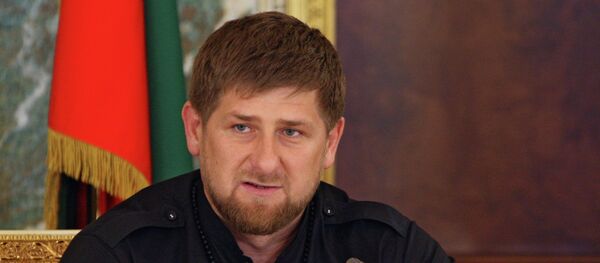Mohammed S., 25, decided to join the IS radicals, who declared a caliphate over large territories of Iraq and Syria under their control in the summer of 2014, after he saw a video showing Syrian women and children in distress.
"I saw a video showing atrocities committed against women and children. Their tears and pain wouldn’t leave anyone indifferent. I thought that my family was doing fine – we were not starving, we were not cold, we had clothes. I decided I wanted to help those in need," he recalled. Mohammed told his family he was going to Egypt to study.
However, the video he saw had nothing to do with reality and several months later Mohammed decided to return to Chechnya, he said.
"Of course, there are those, who fight for the faith, for an idea, but it cannot be called a holy war. Beheadings in front of the camera are not jihad. During the five months I spent there I didn’t see suffering women or dying children. But many believe that’s what is happening there. They leave home and go there to fight," Mohammed said.
The young Chechen did not take part in actual fighting. He spent five months in a training camp and was paid only $50 per month.
Ahmed B., a 22-year-old student, who studied to be a programmer, saw the same video Mohammed did. The Chechen was sure that the Syrian army was oppressing the local population.
In July 2013, Ahmed took his wife and child to Turkey; he then traveled to Syria.
"Soon I understood that I had to get out but I could not find a way. Everything was so different from what I had imagined. It is not clear who fights against whom and what for," Ahmed said.
"We were a commodity. Someone just set us up. Roughly speaking, they were making money on us. According to videos, probably made by US sponsors, people were killed for being Muslim. We wanted to save the religion but saw things, which had nothing to do with it. I talked to other Chechens there. Many regretted they went, but they were afraid to run away or didn’t know how to do that. If warlords find out that you want to return home, you fall into disfavor. They can beat you up or hurt you or come up with other punishment. They might even kill you if you attempt to flee," Ahmed said.
Ahmed regrets going to Syria. "I understood that’s not the war worth dying in. I’d like to ask young people not to get involved in such conflicts. Everything is not the way it is presented. Reality is different," he said.




